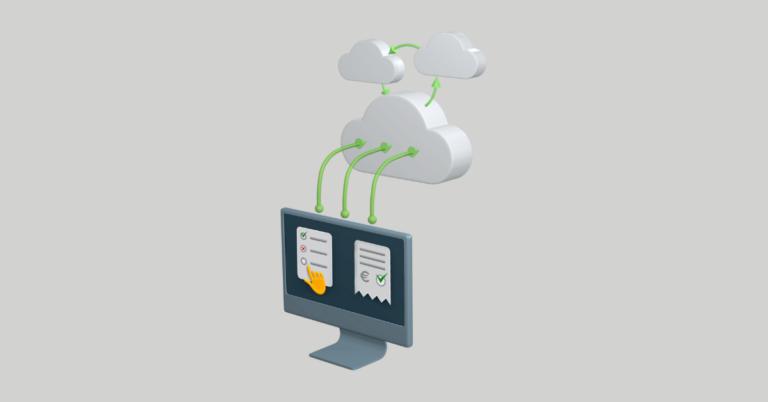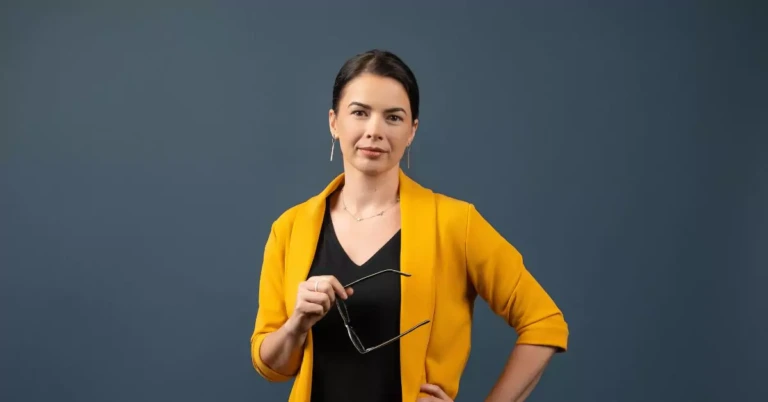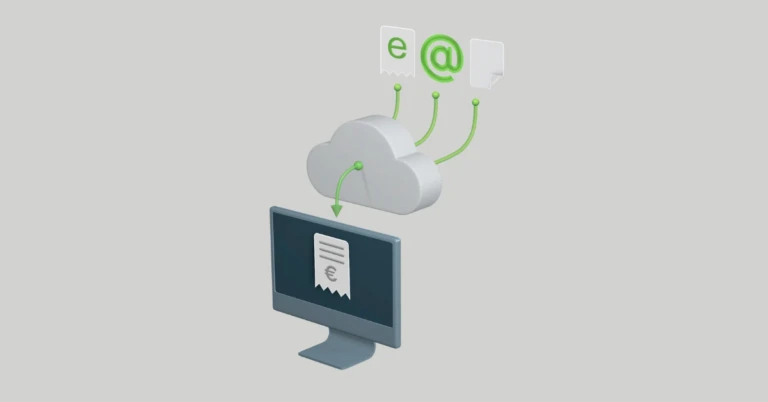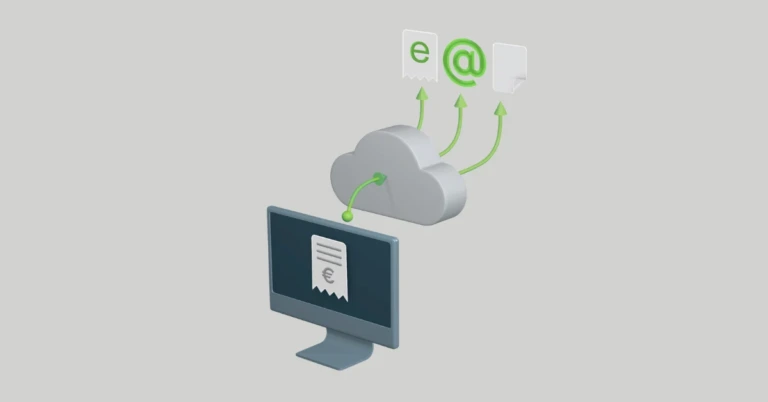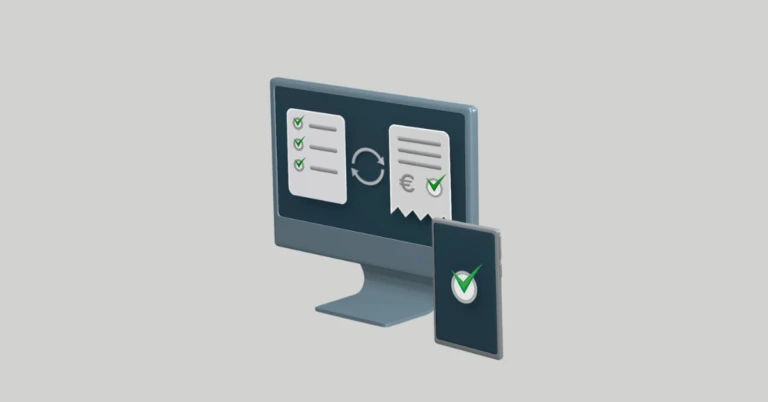
How will the new European standard on e-invoicing affect you?
Ahti Allikas
The new European standard on e-invoicing (including the EU e-invoicing directive and EN 16931) affects companies doing business in Europe widely. This blog summarizes what the standard actually is and what it is not. Do you know how it will affect your company?
In our recent webinar on the European standard on e-invoicing, we asked if the audience was familiar with the EU directive. Most of them (67%) replied that they had never even heard about it, and the rest (33%) said they had heard about it but didn’t know how it would affect them.
It’s not a surprise, as the webinar audience most likely consisted of people who were looking to get up to speed on the state of the European e-invoicing market. But we have come to notice that, in general, European organizations are not that aware of the coming changes and how to ensure their e-invoicing compliance. That’s why we wanted to summarize what the European standard on e-invoicing is and how it affects European companies.
The new European standard for e-invoicing
In April 2019, public sector entities in Europe will need to be able to receive e-invoices from their suppliers, if they are sent according to the European standard (European Norm, EN). The goal is to reduce the complexity and legal uncertainty around e-invoicing and make cross-border trade relations easier. The implementation of the common standard is not just a recommendation, but the directive (2014/55/EU) does obligate all European public sector contracting authorities to receive and process e-invoices.
In practice, the standard focuses on invoice content and specifies the core elements of an electronic invoice. The standardized information content is easier to process, and it enables translations of invoices between different formats. Transportation and e-invoicing infrastructure, on the other hand, are not standardized.
Some countries, especially in the Nordics, are adding support for the new European standard on e-invoicing to their existing infrastructures. Other countries are still planning which infrastructure to use for transportation. For countries that don’t have national schemas implemented yet, PEPPOL would be quite a logical choice. The pan-European interoperability infrastructure guarantees compliance with the European Norm and is an easy way to get started – for example, Germany has already decided to go for PEPPOL when delivering e-invoices to public authorities.
Effects on suppliers and buyers
Although the new European standard aims to promote the use of electronic invoicing, it does not obligate suppliers to send e-invoices to the public sector. At the same time, in the Nordic countries, the public sector has for years been very active in demanding electronic invoices from suppliers. Our bet is that after the readiness for e-invoicing is built elsewhere in Europe, more and more countries will start to take steps toward making e-invoicing mandatory in the business-to-government (B2G) trade. There are clear signs of this trend already.
For the time being, the European standard on e-invoicing remains an opportunity for the suppliers of the public sector to enhance their invoicing process.
They can send invoices to all public sector organizations in Europe using the same format. With the increasing interoperability, it will become possible to initiate e-invoicing with a limited number of interfaces, which also helps reduce the costs of the invoicing process.
The ripples of digitalization in the public sector will also reach the business-to-business trade. The European standard will create a boost in suppliers’ electronic invoicing capability and increase the overall e-invoicing adoption rate, especially among small and medium-sized companies. This should help large buyer organizations to onboard the long tail of their suppliers to e-invoicing.
No matter if you are a supplier or a buyer, you should be proactive and prepared for all the changes happening in the market. The European standard on e-invoicing is only one part of the broader development that is currently driving electronic invoicing and digitalization of both B2G and B2B trade.

Ahti Allikas has been active in the e-invoicing industry since the year 2000. He currently works as Head of Partners and Networks at OpusCapita, and is responsible for the development of the e-invoicing ecosystem. Ahti is a member of the executive committee of the European E-invoicing Service Providers Association (EESPA), member of management committee of the OpenPeppol Association (PEPPOL) and also member of E-Invoicing expert group in the European Multi-Stakeholder Forum on E-Invoicing (EMSFEI).

